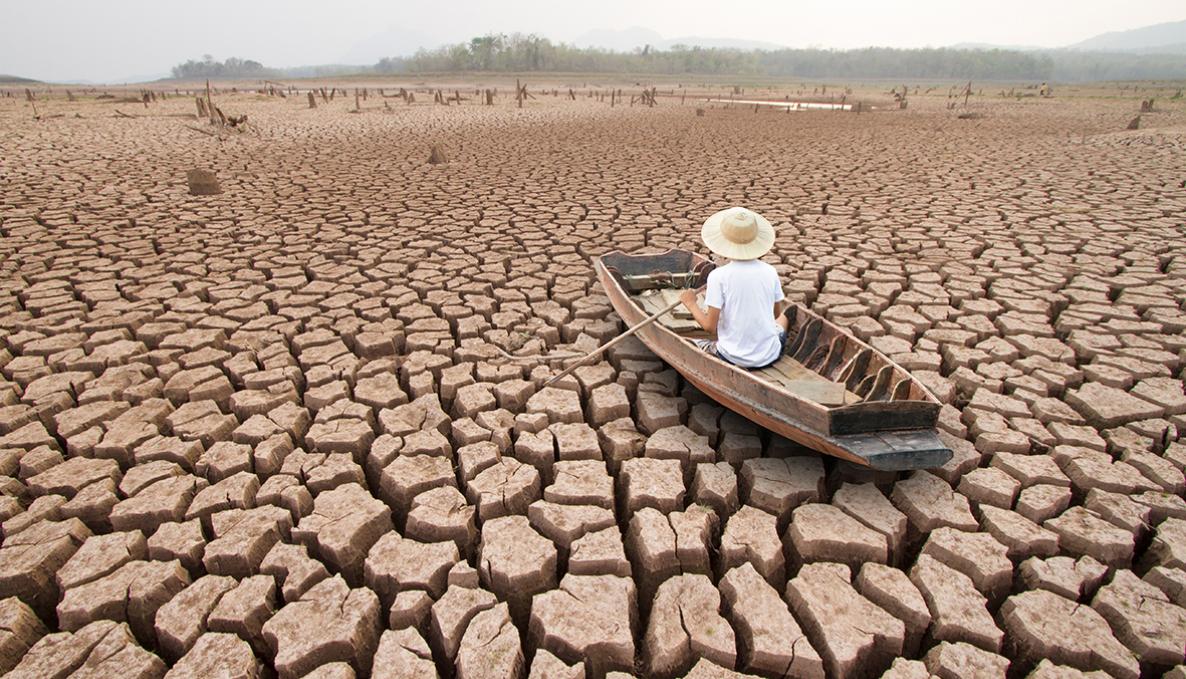CoMoS Climate Change Seminar: Understanding Agricultural Drought Impacts and Adaptation

The seminar 'Coupling hydrological and economic models to understand agricultural drought impacts and adaptation' by Christian Klassert, post-doctoral researcher at the Helmholtz Centre for Environmental Research, will take place on Thursday 16 May at 2.30 p.m., in Aula 10 of the Sant'Anna School (Piazza Martiri delle Libertà 33, Pisa). The event, organised by CoMoS (Complexity Modelers Society) Climate Change, will propose the use of agent models to study issues at the intersection of climate change, water management and agricultural sustainability.
Abstract
As climate change progresses unabatedly, it causes changes in the hydro-climatic around the world. Even in temperate regions, a transformation of society’s relationship to water becomes necessary to mitigate the impacts of increasing water scarcity and extreme events. Yet, model projections of human water use are much more uncertain than those of biophysical systems. Growing irrigation water use, for example, could fundamentally change the water balance in historically water-abundant countries. Here, we combine the mesoscale Hydrologic Model (mHM), statistical crop yield functions, and the country-wide hydro-economic multi-agent model DroughtMAS to analyze agricultural drought impacts and adaptation in Germany. Applying a LASSO regression approach to NUTS3 crop yield data and mHM outputs, we find that recorded economic drought impacts can be readily traced back to soil water content and other biophysical factors for some crops (e.g., maize, potatoes), but not for others (e.g., wheat, barley). Calibrating an econometric mathematical programming model to land-use data from the years 2000-2020, we are able to quantify how crop acreages adapt to changing yields and prices, and show a significant reduction in adaptedness during drought conditions. We project that further increases in the length and severity and droughts and heatwaves will likely cause substantial increases in irrigation water demand. This can lead to unprecedented water shortages in regions with low groundwater recharge. Germany needs to adopt drought management plans to prepare for such developments. Further research should explicitly investigate feedbacks between well water use and groundwater depletion in order to better understand potential shortages, their economic impacts, and adaptation options.
Live streaming
The seminar is also available on the Teams platform
